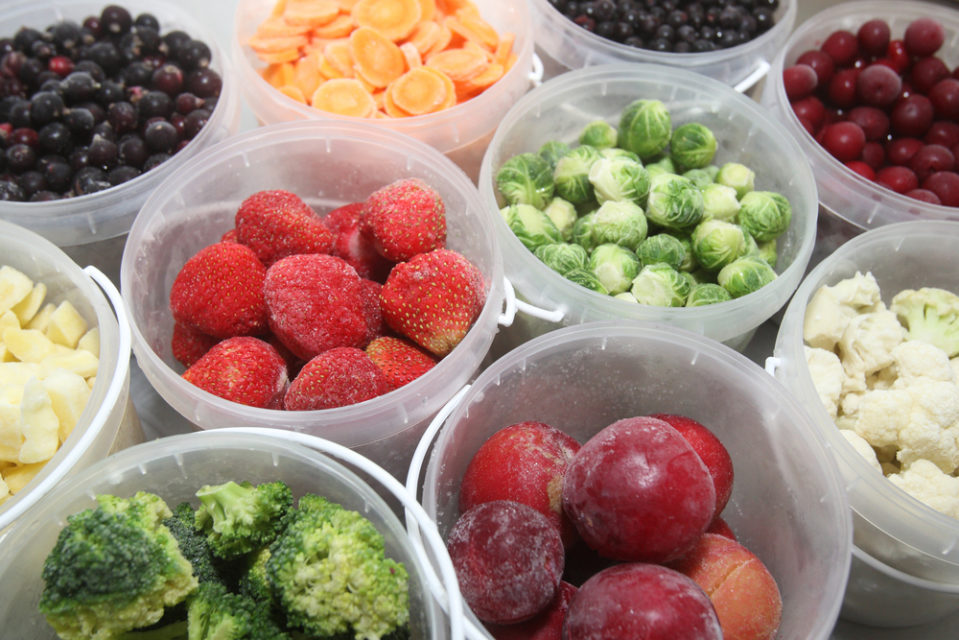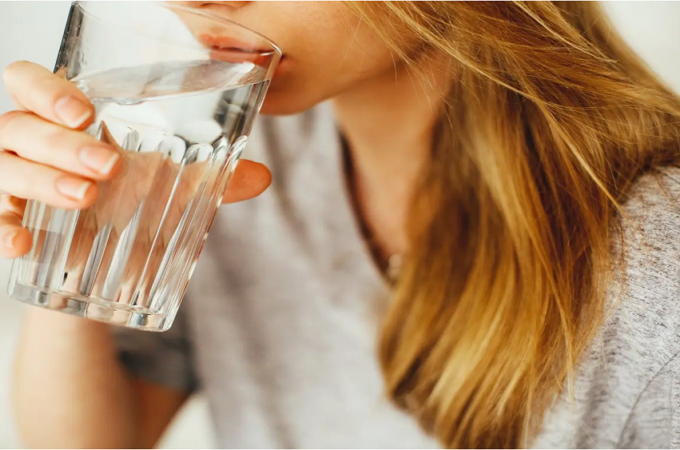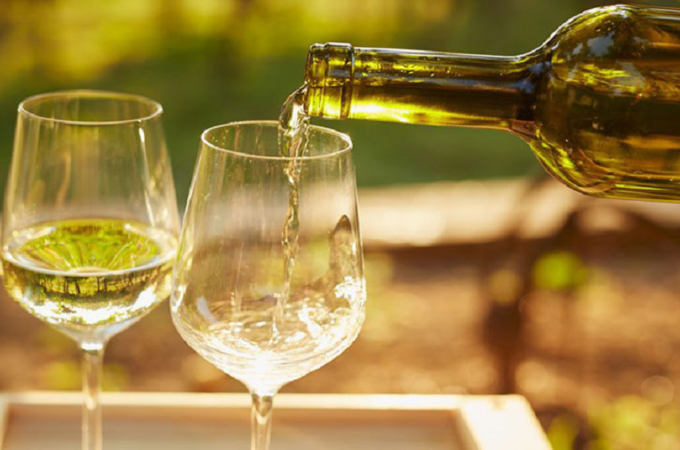
A short guide to foods that protect against heat
When it is too hot outside, and the regulation of the body temperature is bad, the body can quickly be in danger. Here are the foods to use in case of strong heat to help the body cope.
After an effort, a meal rich in spices and proteins or when the weather is at the heatwave, the body is likely to blow hot. A hot stroke is a body temperature that becomes higher than 37.2 ° C and does not drop easily (in the absence of fever of course).
Normally, to lower the body’s temperature, the body produces perspiration, increases heart rate, and redirects blood flow to the skin (1). But in some people these mechanisms of thermoregulation work less well; this is the case, for example, of the elderly, those taking certain long-term medications and young children.
Possible consequences of a hot stroke: weakness or loss of consciousness, headache, nausea (or vomiting), rapid pulse, sweating abundant, pale skin … The heat can also exacerbate the symptoms of diseases already present (respiratory, cardiovascular and especially renal).
Prevention is better than cure and diet is very useful for that. Foods rich in water, vitamin C for example are good allies against the heat. Let’s see that in more detail.
Foods rich in water
The studies are rather unanimous: to drink more water when it is hot or when one does sport in hot weather makes it possible not to raise too much the temperature of the body (2). If the body does not have enough water, the perspiration that can refresh it can not be done.
If water needs to be drunk, water-rich foods are also good allies for increasing the body’s water content (3). These include cucumber, zucchini, watermelon, melon, radishes, celery, tomato and lettuce in particular.
Coconut water (pure) can hydrate the body well also in case of heat. Like mineral waters, it makes it possible to mitigate a little the mineral losses due to perspiration.
Foods rich in vitamin C
Vitamin C could, according to some studies, reduce the impact of metabolic stress due to heat. One study showed that supplementing with vitamin C (250 or 500 mg / day) improved acclimation to heat (4). Eating foods rich in vitamin C may also be a good strategy to help the body better regulate its temperature.
Vitamin C rich summer foods include blackcurrant, lemon, pepper and strawberry.
To go further, see: Foods richest in vitamin C
Mint
The freshness effect of mint is well known. This effect is due to menthol, the main active molecule of peppermint (5). This is why menthol is added to chewing gum, toothpaste, etc.
Mint, consumed in the form of aromatic herb or herbal tea, also has refreshing properties. Simply brewed in cold water with a little lemon, it will make a deliciously moisturizing detox water.
Foods to avoid as much as possible
Alcohol, coffee and spices such as pepper, ginger and pepper are known to increase the thermal effect of food (6). Useful in the winter but very impractical when you are already too hot.
Foods rich in protein are also known to increase the temperature after a meal (7). Proteins have a higher thermal effect than carbohydrates or lipids. Animal protein is found in meat, fish, dairy and eggs, vegetable protein mainly in legumes with cereals and dry oilseeds.




